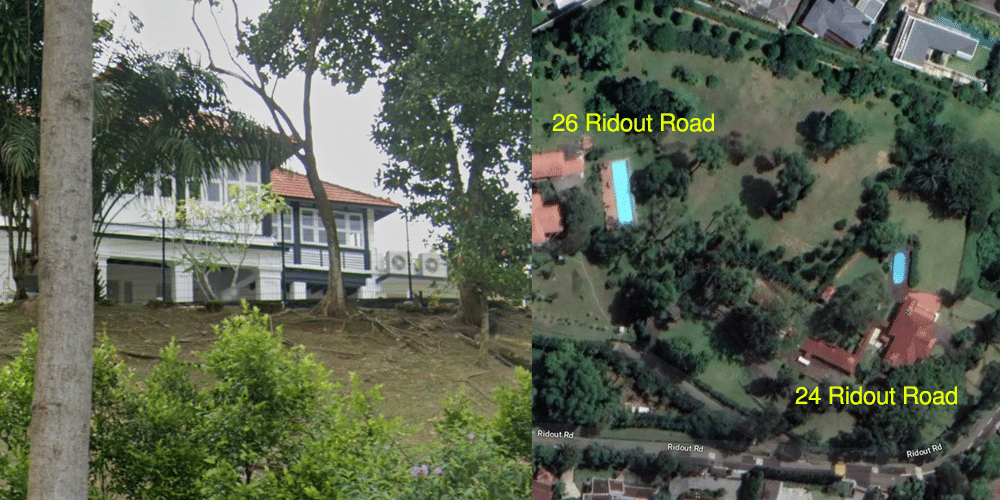Apple Vision Pro: A technological leap forward, but is it enough to disrupt the market?
Apple’s Vision Pro, a groundbreaking device in spatial computing, blends VR and AR with high-quality displays and state-of-the-art processing power. Experts compare its potential impact to the original iPhone revolution. However, challenges such as cost, weight, and limited battery life persist. The device is expected to ignite a new era in VR and AR experiences, with its ultimate success hinging on user acceptance, innovative application development, and the handling of its high price point.












